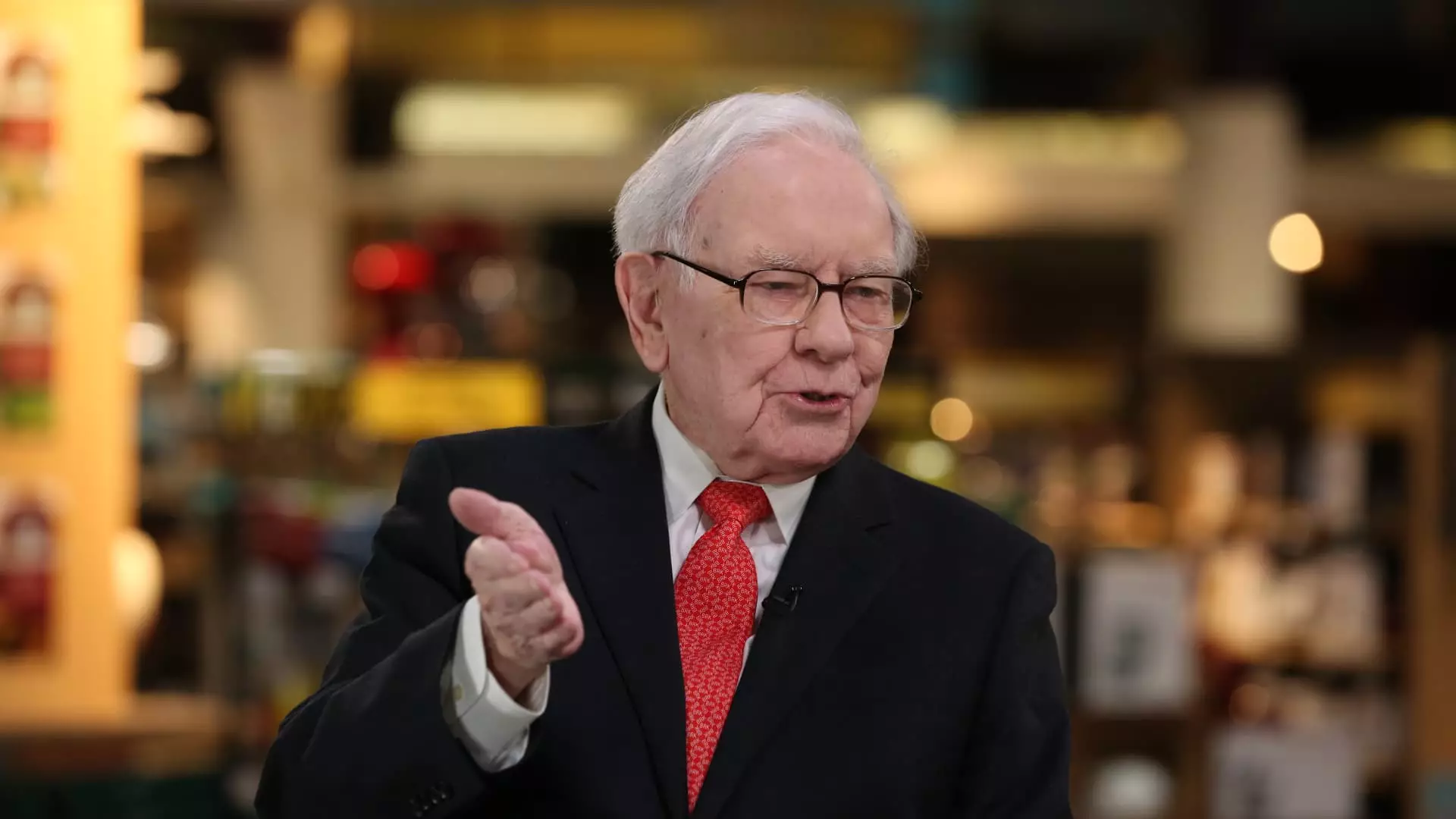The announcement of President-elect Donald Trump’s proposed tariffs ignited serious concerns regarding the possibility of a renewed trade war. Observers and economists alike reflected on the tumultuous trade landscape experienced during Trump’s first term in office. High-profile commentary from influential figures such as Warren Buffett revealed worries that aggressive trade policies could not only destabilize the U.S. economy but also ripple through the global market. Buffett articulated that aggressive tariff implementations risk worsening inflation, which ultimately stands to disadvantage consumers globally. The intricate interplay of global trade means that the repercussions of unilateral tariffs are far-reaching, inevitably leading to a scenario where international relations and economic stability become strained.
Trump’s initial proposals outlined substantial tariffs, ostensibly aimed at Mexico and Canada as well as a notable increase on imports from China. Official statements from Trump focused on issues like illegal immigration and the narcotics trade as primary justifications for these taxes. However, it raises an important inquiry as to whether these threats are genuine or merely strategic maneuvers designed to gain leverage in broader negotiations. Buffett highlighted the necessity for leaders to convey their policy reasoning effectively; without transparency of intent, misunderstanding and backlash can proliferate, ultimately fostering dissent both domestically and internationally.
One of the most significant points Buffett made is the conception of tariffs as a direct tax on consumers. Tariffs inflate the price of goods, altering consumer purchasing behaviors and potentially overwhelming the very individuals they are purported to protect. The complexities of these tariffs run deeper than mere price increases; they lead to profound shifts in global labor distribution and manufacturing practices. Essentially, what consumers might take for granted—the price of clothing, electronics, or food—could dramatically fluctuate once internal manufacturing pressures result in higher domestic prices for goods previously imported at lower costs.
In times of economic transition, Buffett articulated the vital role of effective communication in leadership. Drawing parallels to Franklin D. Roosevelt during the Great Depression, he emphasized that presidents bear responsibility not just to govern but to educate the public on economic policy changes and their rationale. Understanding the impending effects of tariffs and trade policies can more effectively prepare American citizens for potential economic ramifications. Therefore, fostering a well-informed public is crucial for maintaining social stability, especially when grappling with the uncertainties of aggressive trade strategies.
Ultimately, the core of the debate surrounding tariffs and trade policy is whether the U.S. will chart a course toward isolationism or uphold commitments to global cooperation. As nations become increasingly interconnected, unilateral approaches, such as tariffs, can isolate economies, causing long-term damage to partnerships that could be beneficial in sustaining economic growth and resilience. The world economy thrives on collaboration and free trade principles, indicating that a delicate balance must be struck to ensure that consumer well-being and economic stability remain at the forefront of policy discussions.
The potential resurgence of a trade war under Trump’s administration prompts necessary discourse around the complexities of tariffs, consumer impacts, and the responsibilities of political leadership in times of economic uncertainty.

